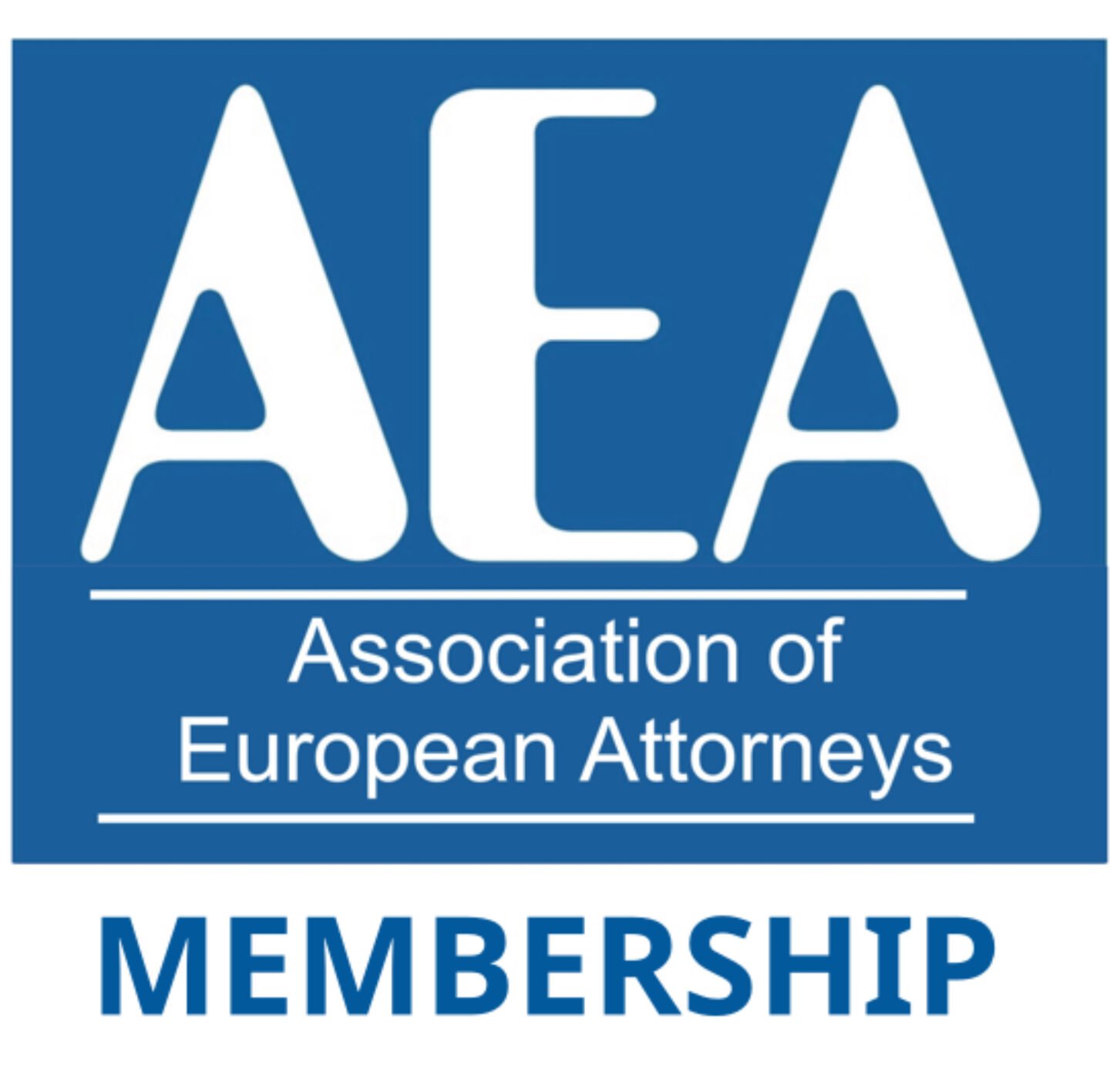
Cases involving non-accidental injuries are very difficult for both practitioners and judges. There are many factors that fall into such cases that create complications, such as the complexities of conflicting medical evidence and opinions, or the age of the child- an infant, for example, is unable to give any account on what has happened to them. Care givers can often not provide credible explanations as to how the injury may have occurred, or could run into difficulty proving the validity of said explanations. The complexity of such cases can massively amplify the stress, so here is a guide to some of the key terms you might hear.
What is a non-accidental injury?
A non-accidental injury occurs when a child has been deliberately injured by someone else. This might include physical abuse, sexual abuse, neglect and emotional abuse. It is necessary for a medical professional to accurately diagnose the cause of the injury before any further action can be taken. They must investigate the injury, and dependent on the injury, many professionals may be needed to consider the root. It is important for the diagnosis to be as accurate as possible, as this may create difficulties in the proceedings as the evidence must be compelling. It is important to note that not every injury will be considered a non-accidental injury, as it is possible for a child to be injured in other ways throughout the course of their normal activities.
What are care proceedings?
Care proceedings will begin when social services become concerned about the safety and welfare of the child, particularly that they are at risk of or are currently suffering harm. If an allegation of non-accidental injury has been made, there will likely be an urgent first hearing to protect the immediate wellbeing of the child. In this, parents may be likely to be facing the removal of their child under an interim care order. This means that the child will temporarily be removed by social services into some form of acceptable care- this may be in a foster home or with other family members. During this time, the parents will not lose parental responsibility, but will share this responsibility with the local authority. Please see here for more information on social services and care proceedings.
It may be necessary during the proceedings to attend a fact-finding case- this will likely be the case should there be clear issues, such as that of physical or sexual abuse.
It is important to note that an interim care order will not be made unless there is a very urgent need to protect the child from immediate harm, and will always be made prioritising the wellbeing of the child.
What should I do if my family is involved in care proceedings?
If your family has become involved in care proceedings due to an allegation of a non-accidental injury, you will be made aware that you can access legal representation through legal aid. We are specialists in these cases so can provide you with assistance throughout the proceedings. It is important to co-operate fully with social workers who may be conducting investigations or writing any reports on your family.
Non-accidental injury cases are complex and stressful for anyone involved, so we recognise it is difficult to stay calm. If your family has become involved, however, you must remember that you have rights during this process which we can explain to you. You have the right to challenge an interim care order if you feel like this is not the best option for your family, and a solicitor will be able to explain if this is possibility for you.
If you have been told to attend a meeting with the local authority about the care of your child you must contact us immediately so we can organise representation and explain the proceedings regarding non-accidental injury to you. At Brighton & Hove Law, we specialise in this area so can provide the security of our experience to help you. Please see here for reported cases where our own Samantha Barker acted for the father, and as a children’s guardian, in matters involving non-accidental injury and interim care orders:
West Sussex County Council v MM & Ors [2023] EWFC 38 (23 March 2023) (bailii.org)
Surrey County Council v LV & Ors [2023] EWFC 186 (14 September 2023) (bailii.org)












